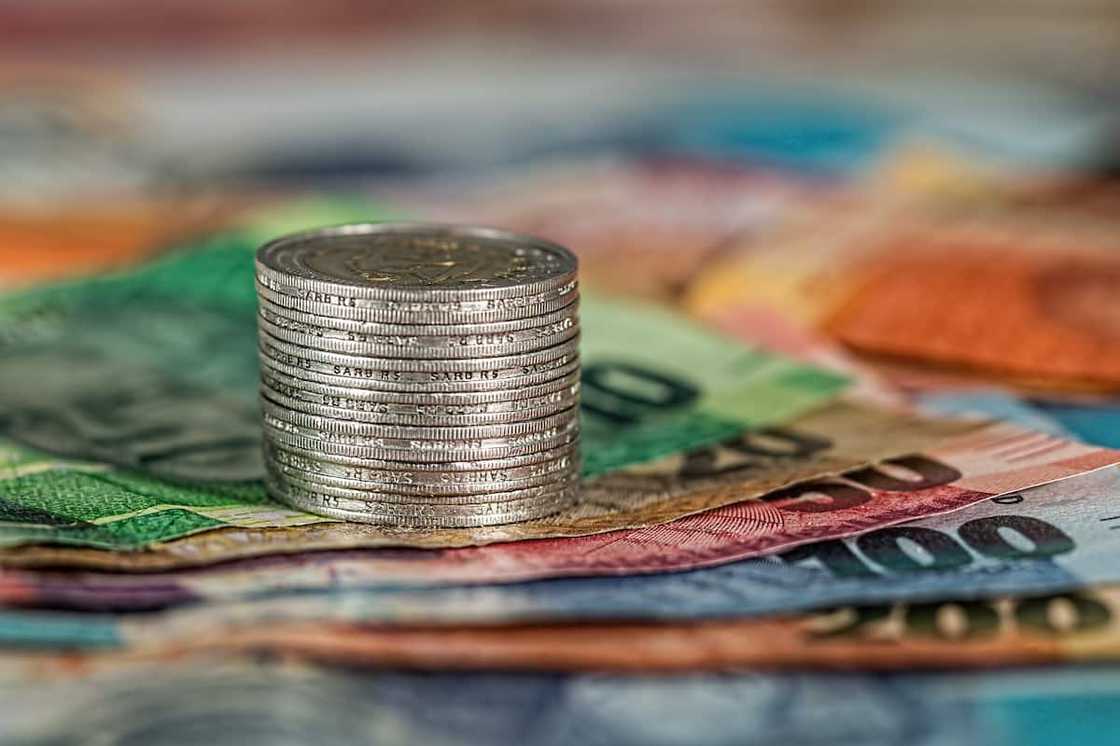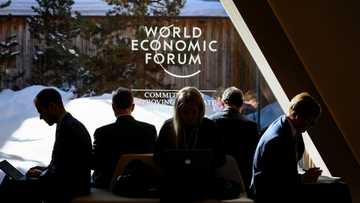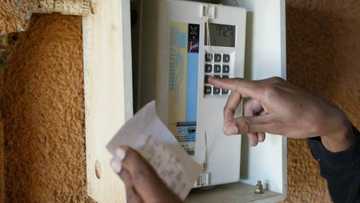Things Are Getting More Expensive in South Africa as the Cost of Living Increases
- The cost of living in South Africa is increasing and experts predict that it will keep getting worse in the years to come
- The inflation rate now sits at 5.9% and this could mean that the South African Reverse Bank will need to increase credit rates
- The contributing factors of the inflation rate include fuel hikes, food prices going up and utility bills also increasing
PAY ATTENTION: Follow Briefly News on Twitter and never miss the hottest topics! Find us at @brieflyza!
JOHANNESBURG - South Africans may start to feel more financial pressures in 2022 as the inflation rates increase and the cost of living goes up with it.
Analysts at Alexander Forbes, a financial services firm say the current Consumer Price Inflation (CPI) data has revealed that the South African Reserve Bank will have no choice but to increase rates in response to the new figures.

Source: UGC
The experts also believe that should the factors that are responsible for the increase in the inflation rate stay in place, things will get even more expensive in the years to come, according to BusinessTech.
The inflation rate is now at 5.9% and the contributing factors to this are food prices increasing, non-alcoholic beverages, transport, housing and utility costs.
PAY ATTENTION: Never miss breaking news – join Briefly News' Telegram channel!
People can expect to pay more for fuel, wine, dairy foods, meat as well as oils and fats. South Africans can also expect rates to increase in the cases of home loans, overdrafts, credit cards and car instalments. The rates could possibly increase by 2%.
How South Africans can manage expenses as the cost of living increases
Rob Gwerengwe, chief executive of FNB Middle Market says there are four steps South Africans can adopt to help them manage the cost of living.
People can start by living within their means, says Gwerengwe. He further explains that this can be achieved by spending less than your earnings and having a proper budget that accounts for all monthly expenses, according to a report by IOL.
Gwerengwe says it is also important to manage your credit. People need to also have a proper understanding of why they need credit before getting it, this will help people understand the type of credit that is suitable for them.
Thirdly, Gwerengwe says making use of loyalty rewards will help loosen the financial pinch. He says they can also help people manage their funds and save.
Lastly, Gwerengew says people need to plan for future increases in expenses so that they can be better prepared for those expenses.
Fuel in South Africa costs way more than other Southern African countries
In other business news, Briefly News previously reported that a number of countries around the world had to grapple with fuel price hikes in the past year, in some cases prices increased to historical high amounts.
South Africa is one of those countries and saw petrol price reaching the R20 per litre mark in December 2020. Petrol now retails for R19,61.
According to BusinessInsider, while the R20 per litre mark may seem quite high for ordinary South Africans, this is actually the average fuel price across the globe. Tax and levies in specific countries are what determine the final fuel price and this is how fuel prices end up varying.
Source: Briefly News



